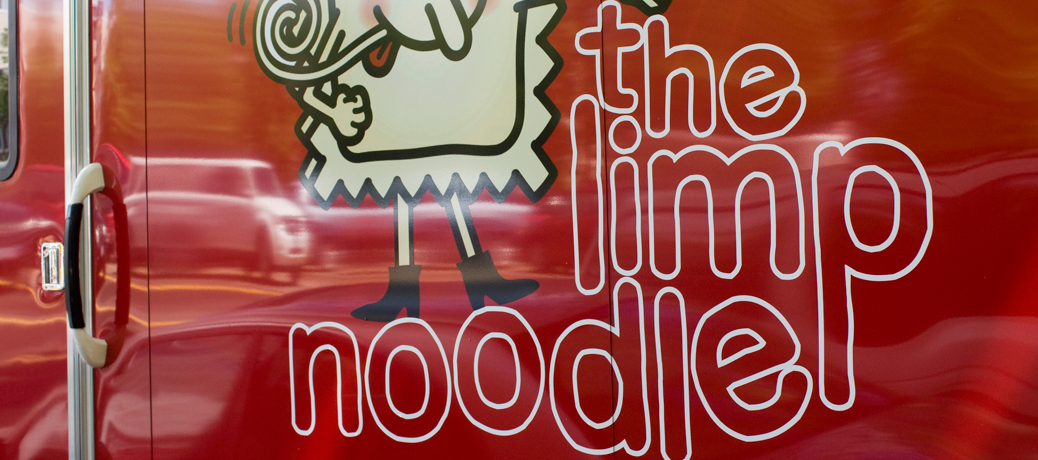Today (for me) is December 17 — The International Day to End Violence Against Sex Workers. The history of it is here and I highly recommend you read it. It’s also particularly relevant today because they’re recently discovered more remains in Oregon of yet another Ridgeway victim.
Dec 17 is our day to remember that stigma kills. Sticks and stones break bones, words like “criminal†“illegal†and “No Human Involved†kill. I encourage you to peruse the list of victims, updated every year through word-of-mouth and news stories. Though no one has done a Google map of the victims yet, I’m willing to bet that the greatest numbers of victims occur in countries where prostitution is illegal. Words — i.e., the local criminal code — kill. Words — i.e., shame –kill.
If you think I’m over-generalizing, think again. Criminalizing and shaming sex workers kills us. Forcing us underground leaves us to the mercy of predators. Though some sex workers embrace their outlaw status, I’ve yet to meet a single one who wouldn’t like to be able to freely press charges when raped or robbed. Every one of us want police to take the murder of a sex worker as seriously as the murder of a college student or housewife. None of us see violence as part of our job description.
Nor do we see shame as part of it either. Shame is a by-product of society, not the work itself. A lot of sex workers unfortunately internalize the shame — as we’ve seen when sex workers commit suicide after arrest or trial. Words can kill.
There are plenty of strident “feminist†voices in mainstream America who wish to abolish all prostitution. Most recently, they won a victory in Rhode Island by getting prostitution criminalized. Aside from the arrests of consenting adults, what do you think will be the consequences of this criminalization? The empowerment of criminals. Not those who are made criminals by an act of words (i.e., exchanging sex for money instead of sex for love), but real criminals — people with the desire to cause harm to others.
Dec 17 is not a day to say that sex work is violent and that all sex workers are going to meet a bad end. Not at all. It is a time to recognize that more needs to be done to prevent us from being targets. The criminalization of prostitution continues to create a class of people who have no rights, including the right to live and their families the right to justice.
Dec 17 is a time to remember my brothers and sisters who were killed merely for working to pay their bills, for doing the same thing I’m doing. Their families rarely receive justice; were something to happen to me, I doubt mine would either. If that turns your stomach — it should.
I feel the real criminals in this situation aren’t even the men who kill sex workers — the real criminals are those who work to uphold the current broken legal system in the US that perpetuates a class of so-called “criminalsâ€, probably the only class of criminals in the world who are simply targets for other criminals. The crimes against sex workers are far worse than our so-called crime (felony robbery, assaults, rape, homicide; compared to misdemeanor charges of prostitution, solicitation or loitering).
Dec 17 is not a time to paint sex workers as victims. Hardly. Few people are willing to go through as much as shit as we do just to put food on the table. The victimization comes not from sex work itself, but from the helpless vulnerability the legal system forces us into. This is true of all countries where prostitution is illegal.
Dec 17 is a time to remember daughters, mothers, sisters, brothers, sons, friends, colleagues. The difference between you and them is only in your mind.

